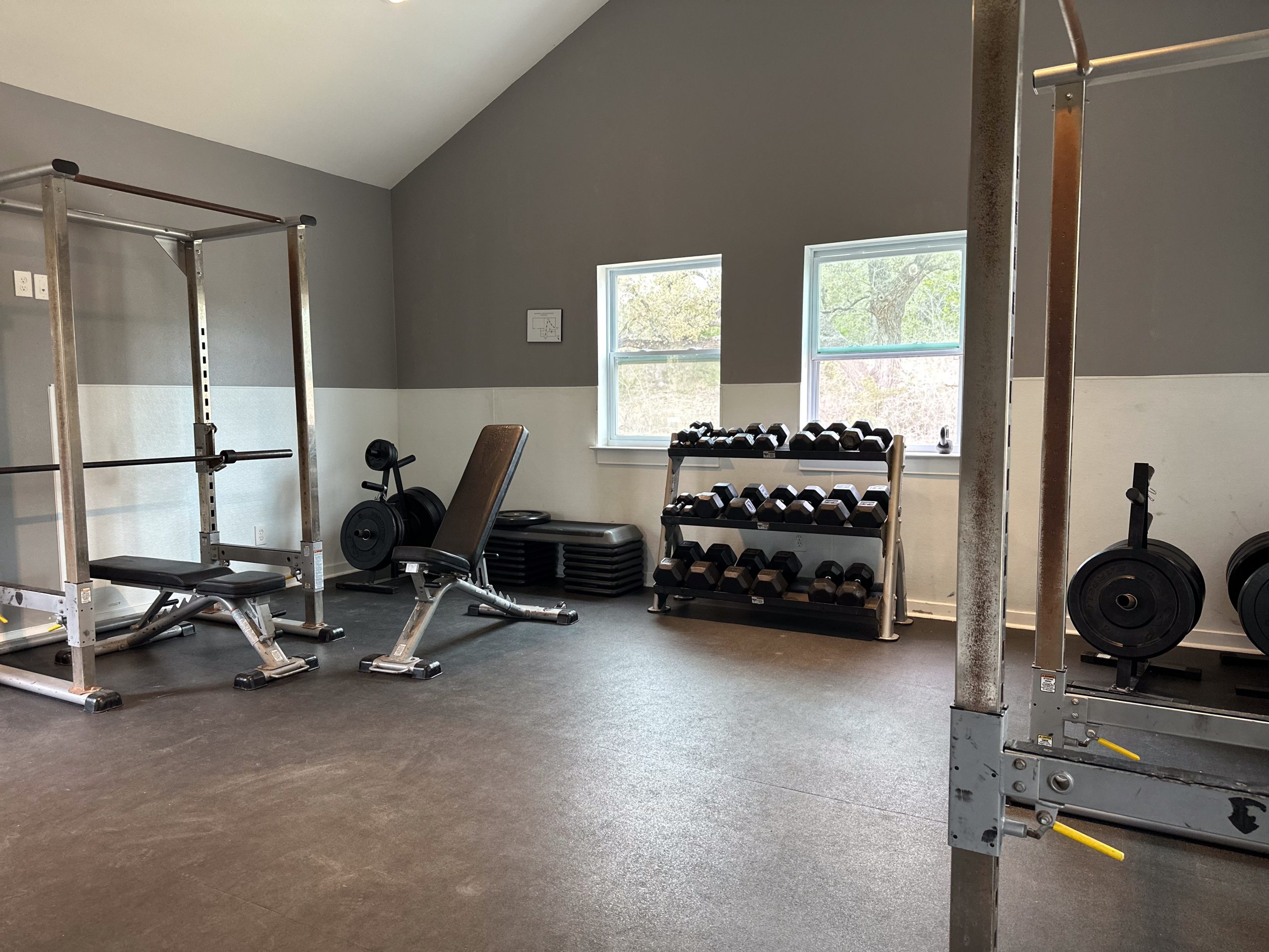Last Updated on August 19, 2025
Moderate Drinking Risks in Austin: Understanding Alcohol Detox and Withdrawal
Many people who consider themselves moderate drinkers assume that their alcohol use is low-risk. After all, they stay within the recommended limits of 1 drink per day for women or 2 for men. However, even moderate drinking can carry hidden risks. In this article, we will define what a moderate drinker is, distinguish moderate drinking from heavy and binge drinking, and explore the potential health risks of sustained moderate alcohol use.










We’ll also discuss how a person can transition from moderate to heavy drinking, early warning signs of psychological dependence, and when to seek a professional evaluation or detox support. Throughout, our tone remains clinical, professional, and empathetic – because understanding these issues is the first step toward safety and health. For those in Central Texas, the moderate drinking risks Austin residents face are important to recognize and address early.
What Is Moderate Drinking? (Moderate vs. Heavy vs. Binge Drinking)
Health authorities like the CDC and NIAAA define moderate drinking as drinking at a level that is unlikely to cause immediate harm for most adults. This is commonly defined as up to one standard drink per day for women and up to two per day for men. A “standard drink” means one 12 oz beer, 5 oz of wine, or 1.5 oz of liquor. Drinking within these limits is considered low-risk in the short term, but it’s important to note it’s not an average – it doesn’t mean you can skip drinking all week and then have 7-14 drinks on the weekend.
In contrast, binge drinking and heavy drinking go beyond moderate levels and are associated with much higher risks. Binge drinking refers to consuming a large amount in a short period – typically 4+ drinks for women or 5+ drinks for men in about 2 hours, enough to raise blood alcohol concentration (BAC) to 0.08%. Heavy drinking can be defined in two ways: one common definition is 8+ drinks per week for women or 15+ per week for men. Another way to define heavy drinking (used by SAMHSA) is having 5 or more drinks in one sitting on 5 or more days in a month. In short, heavy drinkers regularly exceed the moderate drinking guidelines.
Freedom Starts Here. Take Back Your Life Today.
Same-Day Admissions in Austin Available.
Health Risks of Sustained Moderate Drinking
Even if you never binge and never classify yourself as a “heavy” drinker, sustained moderate drinking can still have health impacts. Long-term moderate alcohol use can contribute to subtle but significant health risks, especially if it’s a daily habit. Recent research has challenged the old belief that a drink a day might be good for you. In fact, studies show that having about two drinks per day does not lower the risk of death compared to not drinking at all. Instead, drinking alcohol even in moderation may increase your overall risk of death and chronic diseases. These diseases include serious conditions like heart disease and several types of cancer. For example, even low levels of alcohol use (less than one drink per day) can raise the risk of certain cancers, such as breast cancer.
Additionally, regular alcohol use – even at moderate levels – can affect your body in other ways over time. It can slightly elevate blood pressure, interfere with restorative sleep, and interact with medications. Some individuals find that what started as one drink per day can slowly creep upward if they aren’t careful. Tolerance can develop, meaning you might need more alcohol to feel the same relaxing effect you once got from a single drink. This can be dangerous because it tempts you to increase your intake beyond moderate levels.
From Moderate Use to Dependence: Early Warning Signs
Another critical concern is how a pattern of moderate drinking might transition into something more problematic. Alcohol use exists on a continuum, and a person who today sticks to one or two drinks could gradually find themselves drinking more as time goes on. Recognizing early warning signs of dependence can help you take action before a mild issue becomes a severe one. Here are some red flags to watch for:
Using Alcohol to Cope or Feel Good
Moderate drinkers might enjoy a beer with dinner or a glass of wine with friends. But if you notice you’re drinking not just for taste or social reasons, but to relieve stress, sadness, or anxiety, that’s a warning sign. Health experts note that regular alcohol use (drinking frequently for emotional relief) is different from true moderate drinking. A moderate drinker might pair a glass of wine with a meal, whereas someone starting to slide into heavier use “uses alcohol to feel good in general”. Relying on alcohol as an emotional crutch can quickly lead to increased consumption and psychological dependency.
Needing Alcohol to Relax or Have Fun
Perhaps you used to enjoy social events or unwinding in the evening without a drink, but now you feel you can’t relax or have fun without one. If you find that it’s difficult to imagine going without your nightly drink or you feel irritable and uncomfortable when you abstain, this suggests a growing mental dependence on alcohol. As one recovery resource explains, when someone finds it “difficult to have fun or relax without a drink, there is a mental dependence on alcohol.” This can happen even if the quantity consumed is still within “moderate” range – it’s the psychological reliance that is concerning.
Increasing Tolerance or Quantity
Pay attention if that one drink doesn’t have the same effect as before. Tolerance means your body adapts to alcohol, requiring more to achieve the same buzz or relaxation. For example, you might start pouring larger glasses of wine or adding an extra beer because the first no longer feels enough. Needing more alcohol to feel the effect is a hallmark sign of early dependence. Likewise, if “one or two” routinely becomes three or four (even occasionally), your drinking pattern may be shifting from moderate toward heavy.
Struggling to Cut Back
Perhaps you’ve tried to take a night off drinking and found it surprisingly hard. Or you made a New Year’s resolution to only drink on weekends, but by Wednesday you’re craving a drink. Difficulty sticking to limits or unsuccessful attempts to cut down are important warning signs. Many people in early stages of alcohol use disorder find they repeatedly break their own rules about drinking.
Signs of Withdrawal
This is more common in heavy drinkers, but some moderate daily drinkers might notice mild withdrawal symptoms when they skip alcohol. This could include trouble sleeping, feeling anxious or jittery, sweating at night, or hand tremors the next morning. If you’ve been drinking every day for a long time, your body can become accustomed to alcohol. Stopping suddenly might produce these unpleasant reactions – which is your body’s way of telling you it has become dependent. Severe withdrawal (with symptoms like rapid heartbeat, shaking, agitation, or even seizures) usually occurs in those who drink heavily over a long time. But even milder withdrawal symptoms are a red flag that should not be ignored.
Recognizing these early signs in yourself (or a loved one) is crucial. It can be hard to admit that what you thought was just a “moderate” habit is starting to get out of hand. Remember that denial is common with alcohol issues – it’s not always easy to see the line between moderate use and problem use when you’re the one crossing it. If friends or family have started voicing concern, take a moment to reflect on your drinking.
Other Outpatient Drug and Alcohol Rehab Locations
When to Seek Professional Evaluation or Detox Support
So, when should a moderate drinker consider seeking help? The simple answer is: as soon as you suspect a problem. You don’t need to be severely addicted or drinking huge amounts to benefit from professional advice. If you think you drink too much, or if it worries you, talk to a healthcare provider or addiction expert. If your family is concerned about your drinking, it’s a good idea to seek help. An evaluation can help determine your feelings. It can show if they are still moderate or if they are turning into a substance use disorder. This evaluation is usually a friendly and private talk. We will discuss your drinking habits, health, and feelings when you try to cut back. There’s no shame in getting a check-up for your alcohol use, just as you’d get one for your blood pressure.
Consider seeking help before the situation escalates. Early intervention can prevent a lot of pain down the road. For example, if you’ve noticed increasing tolerance or a growing reliance on that daily drink, you might try cutting back on your own. If that’s hard, a professional can offer strategies or counseling. They can help you cut back or stop before a physical dependence gets worse. Sometimes, a few sessions with a counselor or joining a support group can help you. They can strengthen your resolve and teach you new coping skills. This way, you won’t rely on alcohol as much.
A Compassionate Approach to Taking Action
Remember, asking for help is not a sign of weakness – it’s a sign of strength and self-care. Moderate drinkers often feel they don’t “qualify” for help, since they aren’t at the extreme end of the spectrum. But the truth is, you don’t have to be an alcoholic to benefit from guidance about alcohol use. Even education about the detox and withdrawal process can be empowering. It helps to know what could happen if someday you or someone you love needed to quit drinking. Knowledge can remove fear and motivate you to make informed choices about your health. For example, finding out that even moderate drinking can raise your risk for some cancers may motivate you. It might encourage you to cut back or have an honest conversation with your doctor.
If you’re in Austin or the surrounding area, you have access to supportive, professional resources. Nova Recovery Center in Austin, TX is a resource that provides private evaluations and complete care. They offer services from education and early help to medical detox and treatment programs. You can start with a simple phone call to discuss your situation with a knowledgeable professional. They can help figure out if what you’re feeling is just a harmless habit or something that needs more attention.
Take the Next Step: Your Health and Peace of Mind Matter.
You don’t need to wait for “rock bottom” to make a change. If you are unsure about your alcohol use or want to learn more, talk to a healthcare provider. You can also reach out to a local program for help. Moderation is a great goal, but so is honesty with oneself. By being aware of the moderate drinking risks for Austin residents, you can empower yourself. Knowing when to seek support helps you live a healthier life. Help is available – often just a phone call away. Reaching out can give you reassurance and answers to your questions. If needed, it can also provide a safe way to detox and recover. Remember, taking care of your well-being is the ultimate goal, and you deserve support no matter where you fall on the drinking spectrum.







